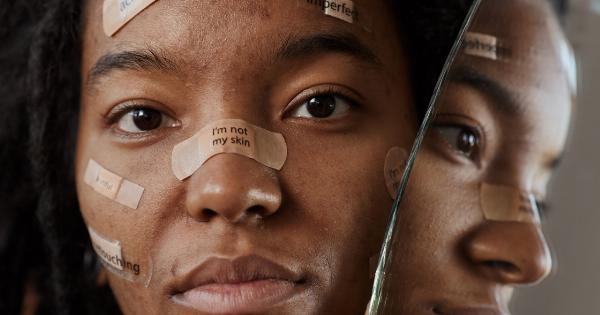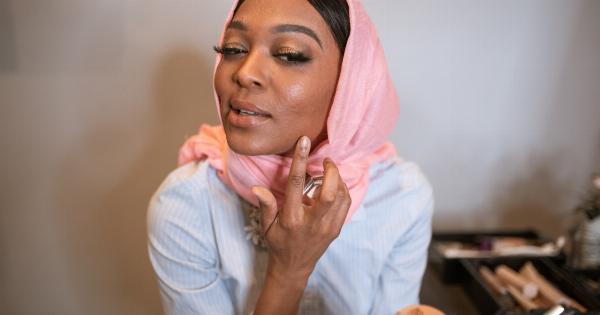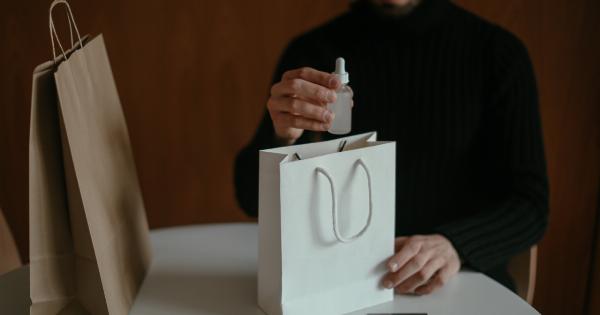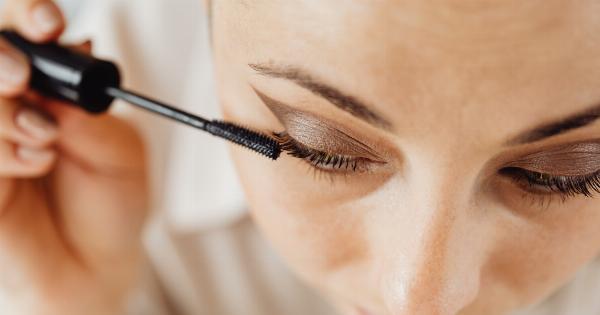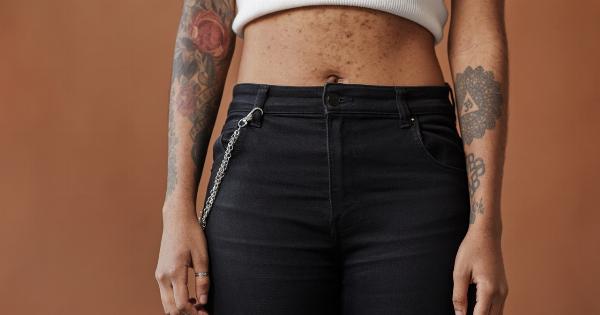Acne is a common issue that many women face. However, studies show that women are more likely to experience acne breakouts during their menstrual cycles. This type of acne is referred to as period acne or menstrual acne.
It can cause redness, inflammation, and painful pimples around the chin, jawline, and cheeks. Hormonal fluctuations during the menstrual cycle are the primary cause of period acne. However, there are some ways you can prevent it.
Eat a Healthy Diet
Diet plays a significant role in our overall health and the appearance of our skin. A study shows that a diet rich in refined carbohydrates and dairy products can trigger acne.
Therefore, it’s essential to eat a balanced diet that’s rich in wholesome foods like fruits, vegetables, lean protein, and whole grains. These foods are rich in nutrients that promote healthy skin, including vitamin A, vitamin E, and antioxidants.
Hydrate Your Skin
Dehydration can cause acne breakouts to worsen. Therefore, it’s essential to keep your skin hydrated throughout your menstrual cycle. You can do this by drinking adequate amounts of water and using a hydrating moisturizer on your skin.
A study shows that drinking about eight glasses of water daily can help keep the skin hydrated and reduce acne breakouts.
Practice Good Hygiene
Practicing good hygiene habits can help prevent period acne breakouts. It’s essential to wash your face at least twice daily with a gentle cleanser.
Also, make sure to remove any makeup before sleeping as leaving it on can clog your pores and cause breakouts. Additionally, avoid touching your face as this can transfer bacteria and make breakouts worse.
Manage Your Stress Levels
Stress is a significant trigger for acne breakouts, including period acne. Hence, it’s essential to manage your stress levels to help reduce the severity and frequency of breakouts.
You can practice stress-reduction techniques like yoga and meditation, engaging in regular physical activity, and getting enough sleep.
Use Non-Comedogenic Beauty Products
Some beauty products can clog your pores and contribute to acne breakouts. Therefore, it’s crucial to use non-comedogenic beauty products to prevent period acne.
Non-comedogenic products are formulated to prevent clogging of the pores, reducing the risk of acne breakouts.
Take Oral Contraceptives
Oral contraceptives can help regulate hormonal imbalances that are responsible for period acne breakouts. A study shows that oral contraceptives can reduce the production of androgen hormones that cause acne, resulting in clearer skin.
However, it’s essential to consult your healthcare provider before beginning any new medication.
Avoid Picking or Squeezing Pimples
It’s tempting to pick at pimples, but this can make breakouts worse. Picking or squeezing pimples can cause bacteria to spread, making the breakouts worse.
Additionally, it can cause inflammation and scarring, which can make it harder to clear up acne breakouts.
Exfoliate Regularly
Exfoliating helps remove dead skin cells that can clog pores, leading to breakouts. It’s essential to exfoliate regularly to prevent period acne.
However, make sure to use a gentle exfoliating product and not over-exfoliate as this can irritate the skin and make acne breakouts worse.
Get Professional Help
If you have tried various prevention methods without success, seeking professional help may be the best option for you. A dermatologist can assess your skin and recommend the best treatment for your acne.
They may recommend oral or topical medication or other therapies like laser treatment, depending on your skin’s needs.

